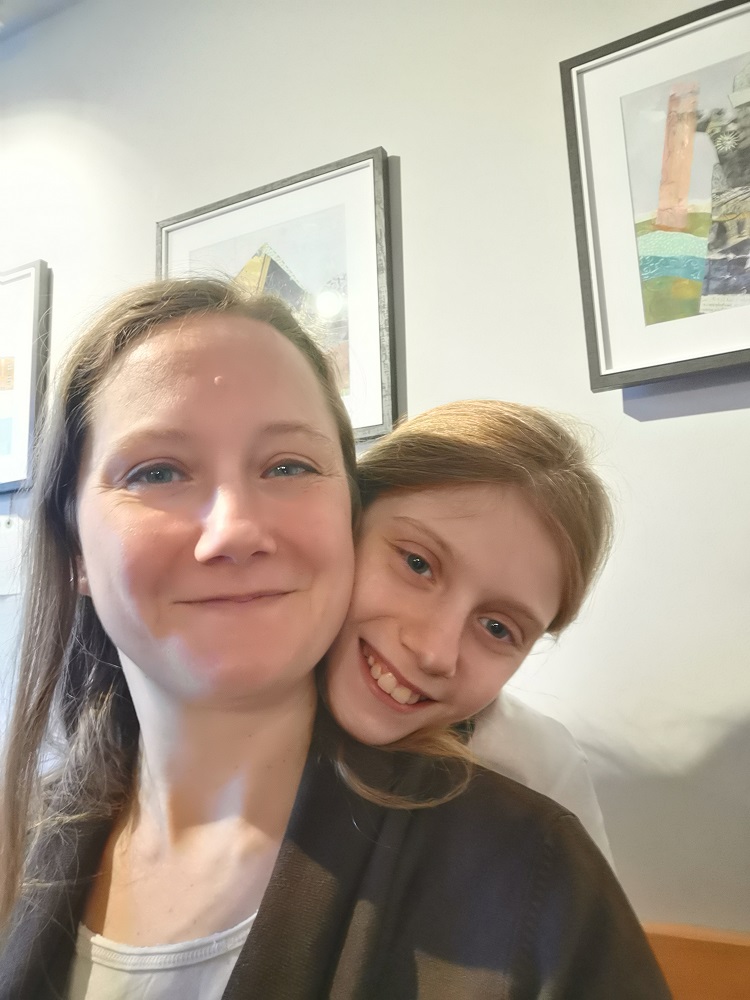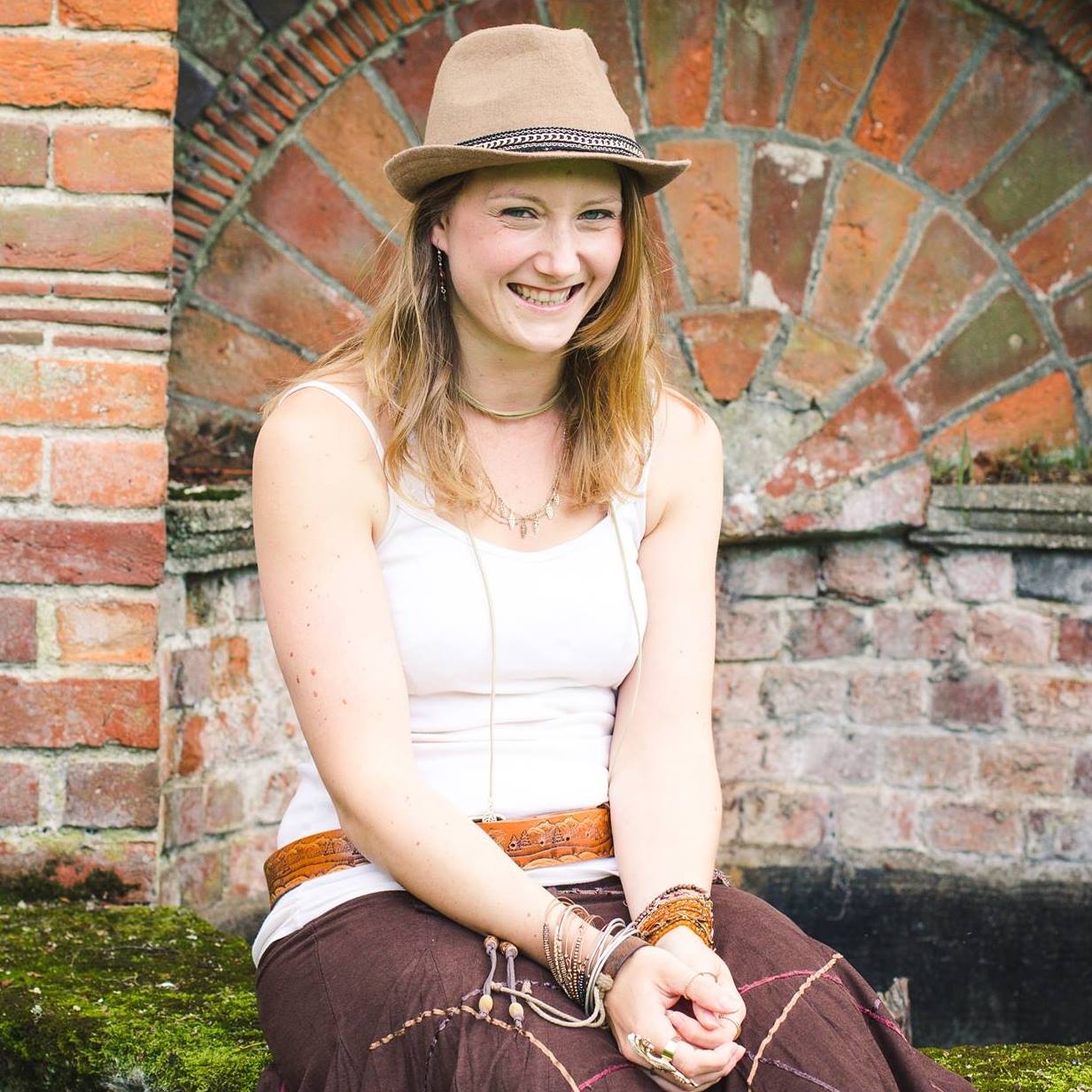Parenting and neurodiversity
Before my daughter was diagnosed with autism, I definitely had a view of it that didn't match the reality of the condition. Nothing particularly bad, but I think the nature of it being labelled a "disorder" doesn't help with the perception of it from the outside. Before I found out more about it, I'd always seen neurodiversity as disabling and difficult for those who had it, and for sure sometimes it is. But the disabling element is generally down to the fact that the environment and context they are in doesn't allow for the way their brain works and those around them don't understand how they perceive the world.
Phoebe did a great job of fitting in with the academic needs of school - mostly doing very well in her work, although often struggling to get started and therefore taking longer than expected to write. She never enjoyed it though, we got told she was "headstrong" and she also notably struggled to play with friends at break times, often saying she had spent the time by herself. She actually did OK forming bonds with friends but only in an environment that was a little more structured to begin with - play dates and birthday parties were easier.
My suspicions heightened at home and particularly while we were in lockdown. Spending all day every day with her and seeing how she worked and moved and thought led me to realise that there was some different way of processing the world going on for her. I originally thought it was ADHD due to how much she moved around and how little time she could sit down when learning and eating, but over time and with the input of doctors and her teachers a mere two years later (!) she was diagnosed with autism.

I've never thought of autism as a disorder to be honest. Sure, some situations are challenging for her, but her knowledge and dedication to certain topics, her wild imagination (common for autistic girls, not so much for boys), her wit and humour, and her ability to be herself without trying to fit in are all enormous strengths. The more I learn about autism the more I see that different parts of her develop at different rates to what you might expect - for instance, her ability to direct her own learning is very strong, but managing her emotions and starting social interactions are much more difficult for her.
If you have even an inkling of a feeling that your child might be neurodiverse, please start exploring it. You don't have to get them diagnosed, but if you want to it takes a long time so be prepared for that. But even without that, you can make changes as a parent and suggest changes to other friends and family or to teachers at school - to approach emotional meltdowns with more compassion, give them sensory input where they might need it, or be more creative about your approach to difficult behaviours you see throughout the day. Every neurodiverse child is different and will have different needs but do your research and find some new things to try.
I would also recommend for anyone in the Colchester area an organisation called MAZE - they are excellent and run training sessions and coffee mornings you can attend that are extremely helpful.
Finding out about Phoebe's autism has only been positive for us - we've found out so much, changed the way we parent and the school have been supportive in adjusting for her. She is still our wonderful, funny, bright little girl but we now know and understand her so much better.
If you'd like to get in touch with me please do feel free to - I know the importance of connecting when it comes to these things and I'm happy to pass on any knowledge I've gained so far.
